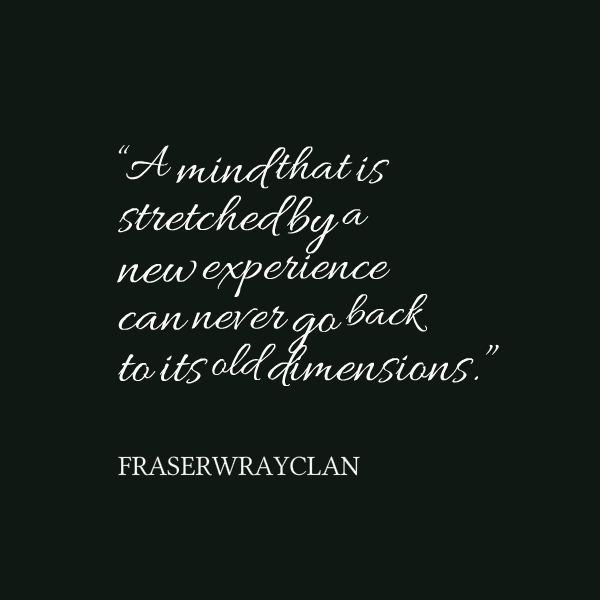There is something beautiful about the essence of Step 12 in recovery. It is about the "joy of living" and talks about how working the previous 11 steps now gives the person in recovery a new compass in which to live by: their spiritual beliefs and principles. One moves from the experience of being driven, to more consciousness about who they are, what they are doing, and why they are doing it. If taken directly from the program, the spiritual principles that correspond to each step, and that serve as a guide are as follows:
1. Honesty
2. Hope
3. Faith
4. Courage
5. Integrity
6. Willingness
7. Humility
8. Brotherly Love
9. Justice
10. Perseverance
11. Unity and Spirituality
12. Service and Gratitude
One of the gifts of living according to principles is that they can support us no matter what our history, our patterning, or our circumstances. They can orient us when objective realities have lost their command. Spiritual principles become the ultimate navigation system. You may have lost a job or a promotion, you might be in an argument with a friend or partner, but you can always turn to the principles for a soft place to land, to serve as a guide, and to put your current position in context.
Step 1 for example, "Admitted we were powerless over alcohol and that our lives had become unmanageable," starts with the poignant word, "admit." I've always appreciated the double meaning—it implies that we have to be honest but it additionally signals admittance, as in "admit one." So, right off the bat, the navigation system orients the person in recovery over a threshold that had been previously impassable. Denial begins to be shed and honesty becomes something to strive for.
Each of the principles are not only guides, but anchors, allowing for an experience of grounding in what can often be a challenging and chaotic ride. The spiritual path becomes the perfect container for the ups and downs we all experience. This means that sometimes, the direction we are given is to stay put. In times of loss, doubt, and uncertainty—courage allows us to lean in to such experiences, to face our fears and our demons when all we want to do is flee. Hope and faith provide additional support by reminding us that the dark places aren't static states and that we will survive the ride.
Integrity is something I talk about a great deal in Recovering Spirituality. To me, it is about embracing the fullness of the human condition, being intimately and integrally connected to the whole. It allows for greater compassion for ourselves and others because we understand that we will never overcome our humanness, which means that we are all perfectly flawed.
So, when life steers you in a direction that you never imagined going, or when you feel like you can't find the purpose or meaning in your life, see if you can find some grounding and direction in the principles. They are perfect when our lives are not—the ideal GPS (Global Positioning System). Maybe the task at hand is to orient yourself towards service to others, or perhaps the unity of the fellowship can provide some laughterright when you thought it was impossible to smile. No matter the challenge, there is a guiding principle that can shine some light on the darkened path.
And if all is going well, don't let this discourage you from leaning in even further to the principle driven life. Pain may be the touchstone to spiritual growth, but the path is always available to us.






